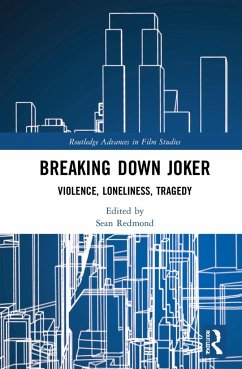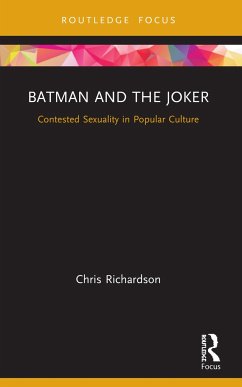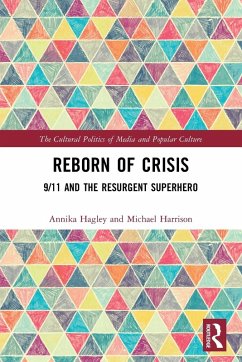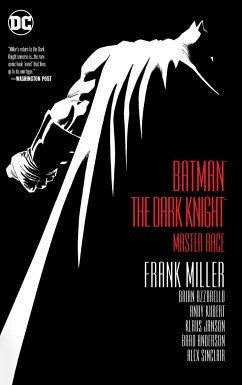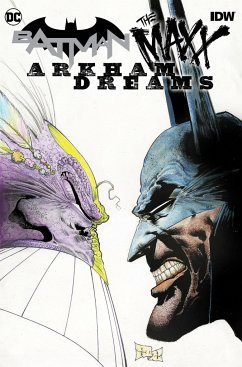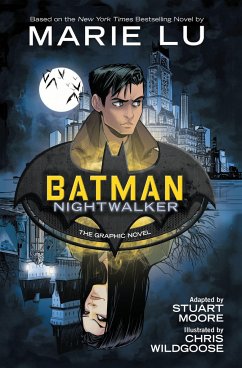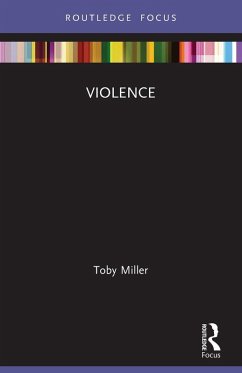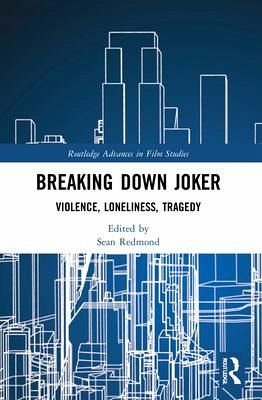
Breaking Down Joker
Violence, Loneliness, Tragedy
Herausgegeben: Redmond, Sean
Versandkostenfrei!
Versandfertig in 6-10 Tagen
43,99 €
inkl. MwSt.

PAYBACK Punkte
22 °P sammeln!
Breaking Down Joker offers a compelling, multi-disciplinary examination of a landmark film and media event that was simultaneously both celebrated and derided, and which arrived at a time of unprecedented social malaise. The collection breaks down Joker to explore its aesthetic and ideological representations within the social and cultural context in which it was released.An international team of authors explore Joker's sightlines and subtexts, the affective relationships, corrosive ideologies, and damning, if ambivalent, messages of this film. The chapters address such themes as white masculi...
Breaking Down Joker offers a compelling, multi-disciplinary examination of a landmark film and media event that was simultaneously both celebrated and derided, and which arrived at a time of unprecedented social malaise. The collection breaks down Joker to explore its aesthetic and ideological representations within the social and cultural context in which it was released.
An international team of authors explore Joker's sightlines and subtexts, the affective relationships, corrosive ideologies, and damning, if ambivalent, messages of this film. The chapters address such themes as white masculinity, identity and perversion, social class and mobility, urban loneliness, movement and music, and questions of reception and activism.
With contributions from scholars from screen studies, theatre and performance studies, psychology and psychoanalysis, geography, cultural studies, and sociology, this fully interdisciplinary collection offers a uniquely multiple operational cross-examination of this pivotal film text and will be of great importance to scholars, students, and researchers in these areas.
An international team of authors explore Joker's sightlines and subtexts, the affective relationships, corrosive ideologies, and damning, if ambivalent, messages of this film. The chapters address such themes as white masculinity, identity and perversion, social class and mobility, urban loneliness, movement and music, and questions of reception and activism.
With contributions from scholars from screen studies, theatre and performance studies, psychology and psychoanalysis, geography, cultural studies, and sociology, this fully interdisciplinary collection offers a uniquely multiple operational cross-examination of this pivotal film text and will be of great importance to scholars, students, and researchers in these areas.





